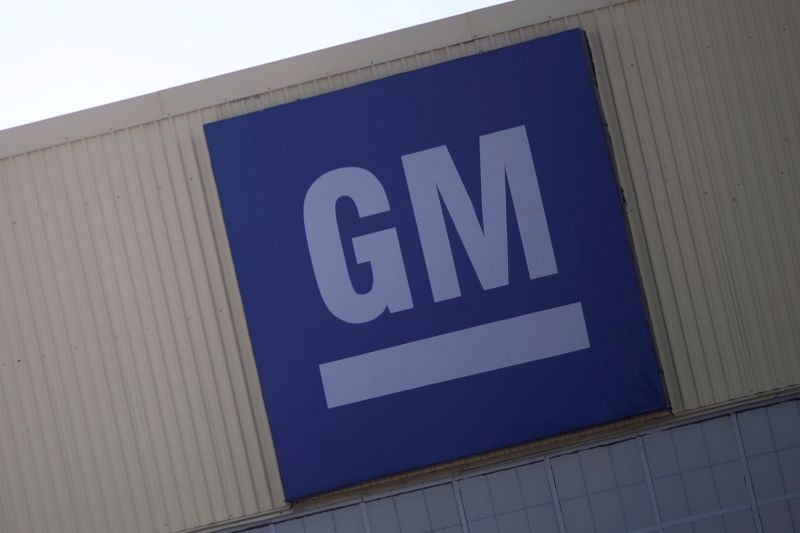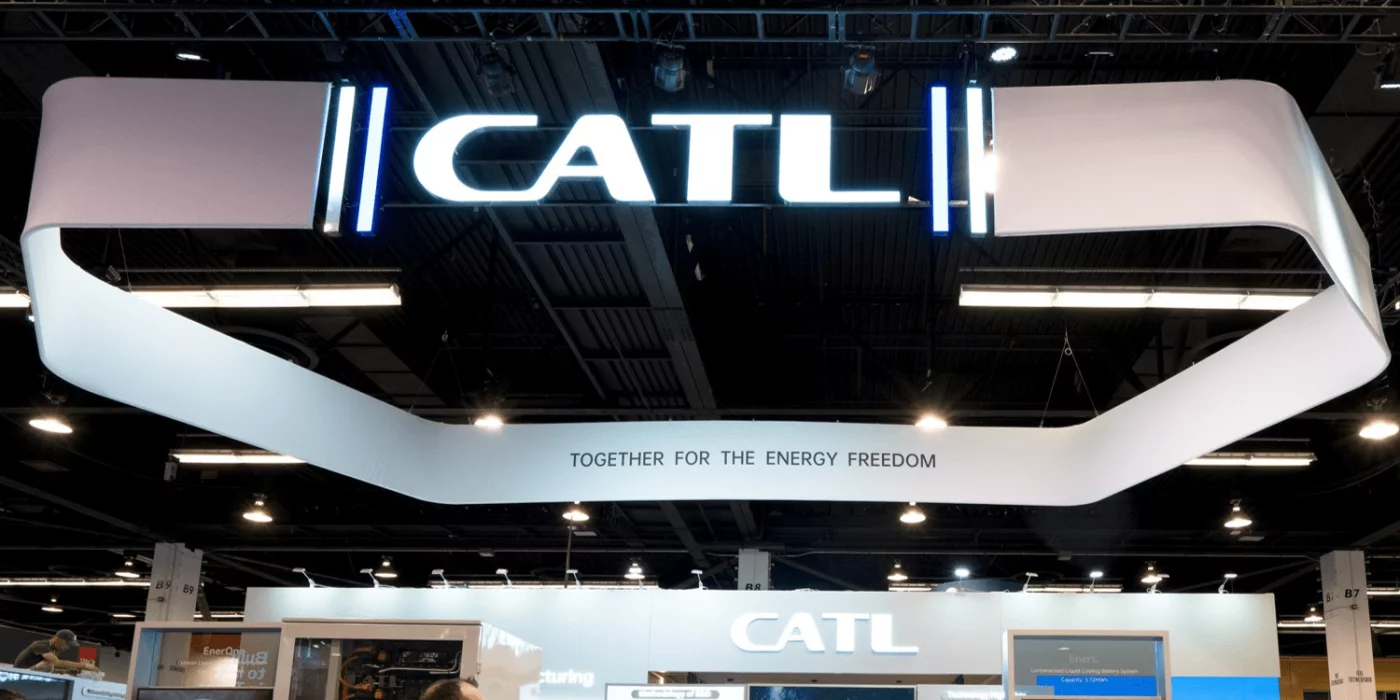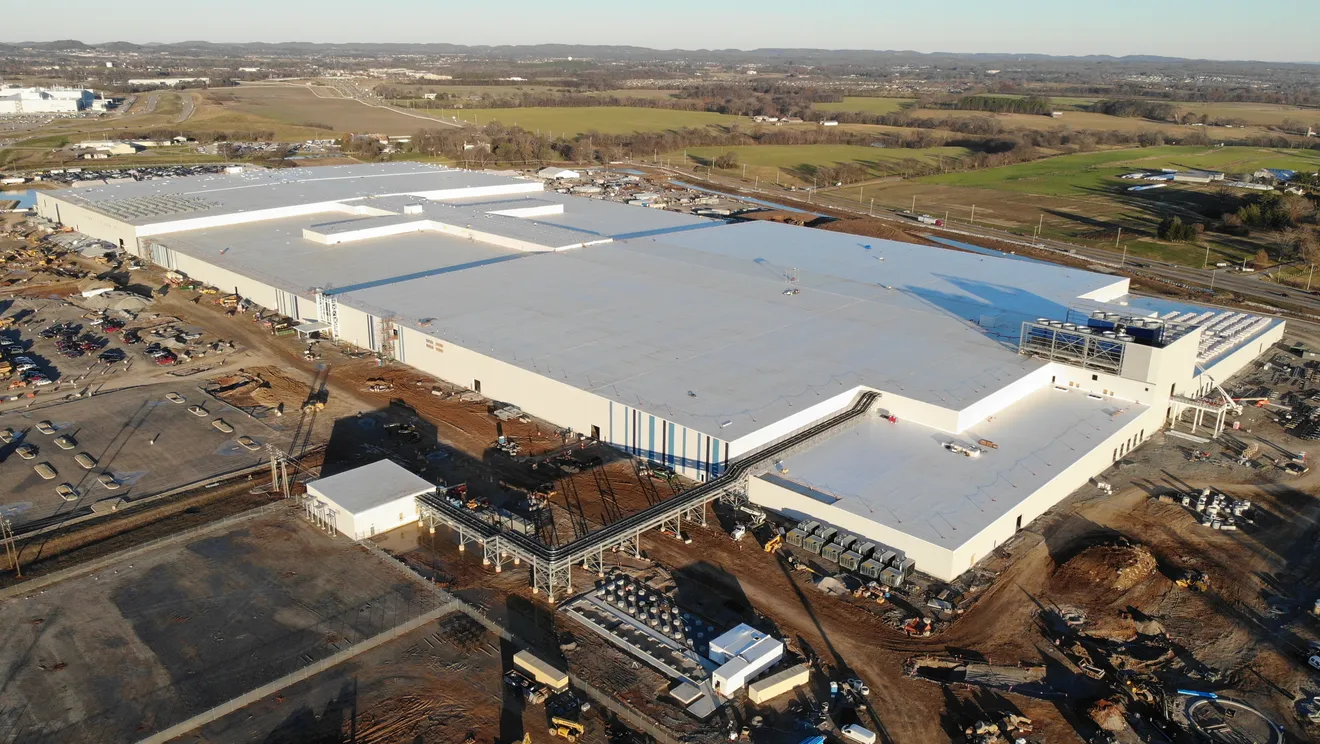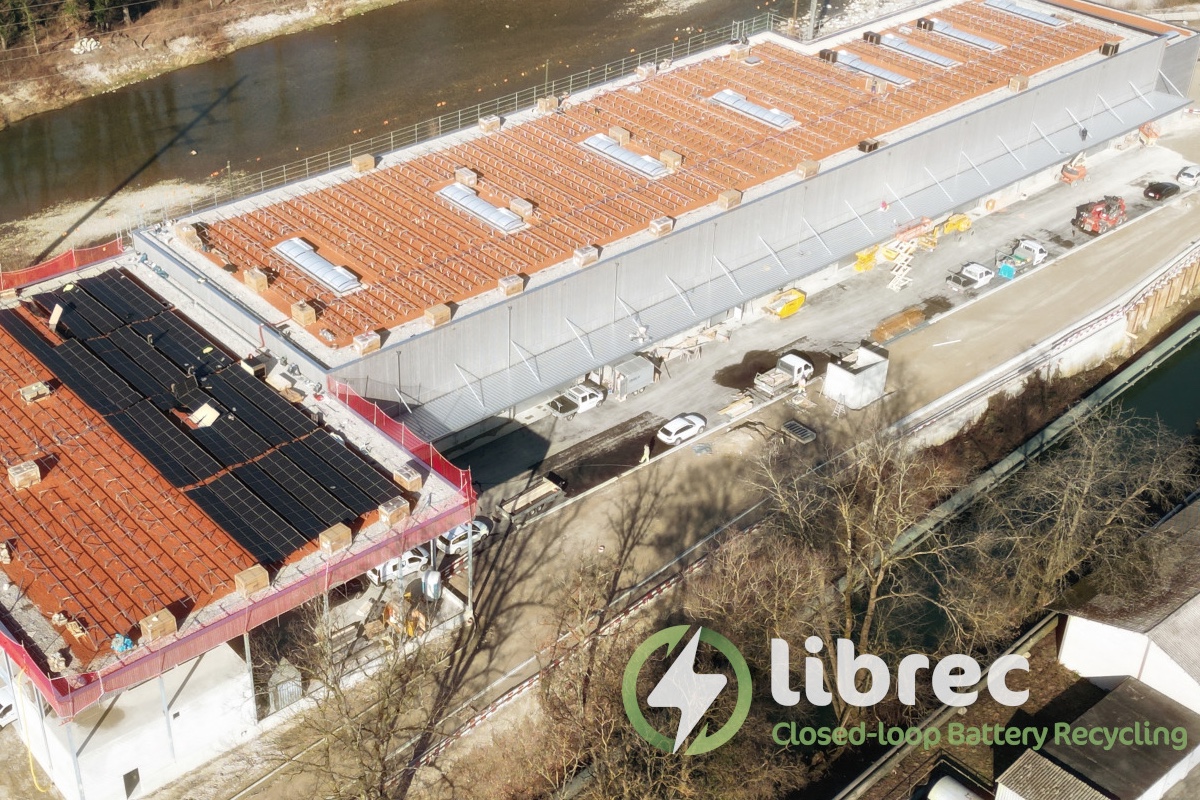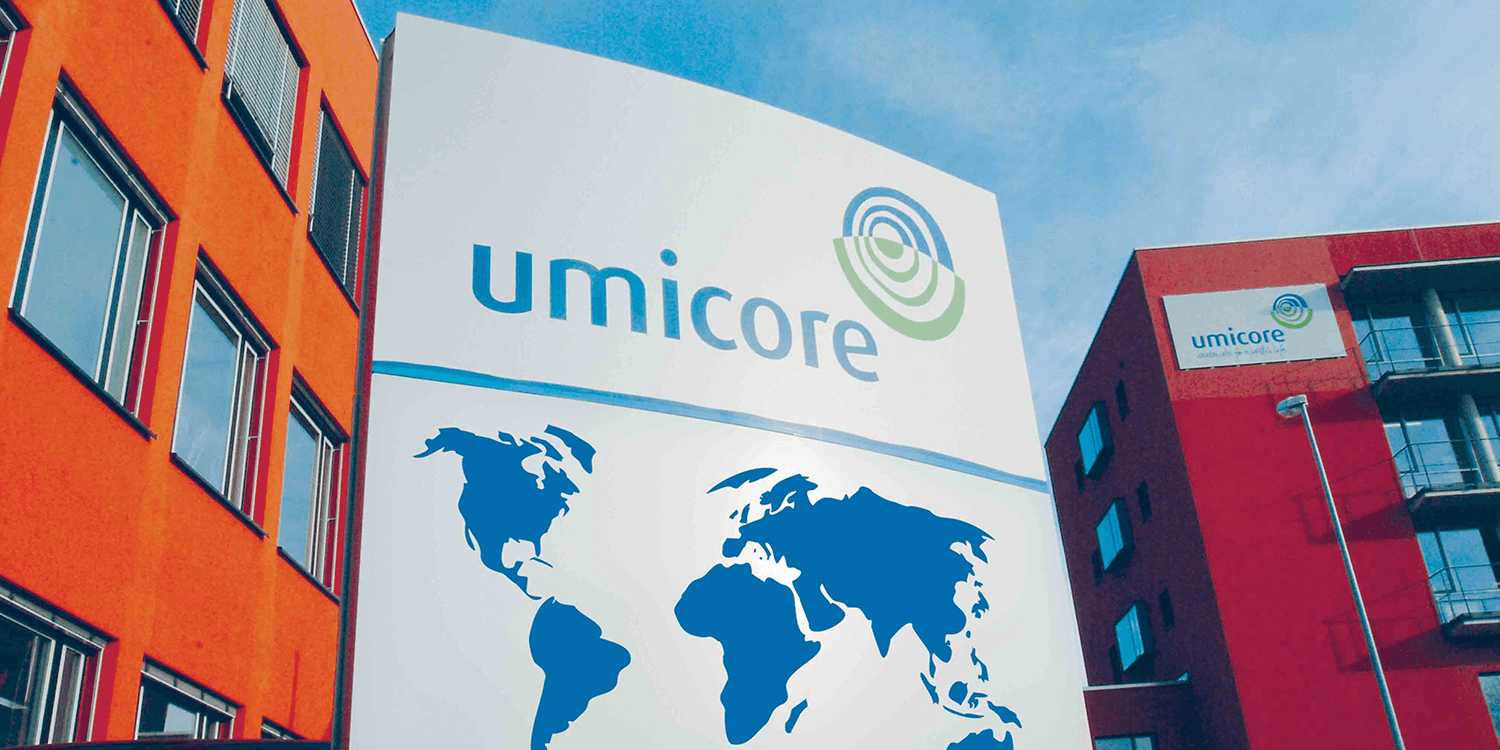South Korea’s LG Energy Solution (LGES) is exploring the production of cost-effective lithium iron phosphate (LFP) battery cells for the European market. This strategic shift comes as European car manufacturers increasingly demand cheaper battery options to reduce electric vehicle costs. LGES, traditionally focused on nickel-based batteries, is reportedly in discussions with three unnamed Chinese suppliers to develop LFP cathode materials.
“We are having talks with Chinese firms who will develop LFP cathode with us and produce them for Europe,” said Wonjoon Suh, head of LGES’s advanced automotive battery division, in an interview with Reuters. He added, “We are considering various measures, including setting up joint ventures and signing long-term supply deals.”
LGES is evaluating potential locations for the LFP cathode production facilities in Morocco, Finland, and Indonesia. The company aims to bring manufacturing costs for LFP batteries to a level competitive with Chinese producers within three years.
Historically, South Korean battery manufacturers have concentrated on nickel-rich chemistries such as nickel-manganese-cobalt (NMC) and nickel-cobalt-aluminum (NCA) due to their higher energy densities. However, Chinese companies have dominated the market for LFP batteries, which are cheaper but have lower energy density. Advances in technology have mitigated this disadvantage, making LFP cells more attractive.
Major Chinese LFP cathode producers include Hunan Yuneng New Energy Battery Material, Shenzhen Dynanonic, and Hubei Wanrun New Energy Technology. Chinese battery giant CATL, which supplies companies like Daimler Truck, also generates significant revenue from LFP cells. Additionally, BYD uses exclusively in-house developed LFP batteries.
In Europe, there has been a gradual shift towards LFP technology. Stellantis uses LFP cells from China’s Svolt in its small electric vehicles, while the joint venture ACC (comprising Stellantis, Mercedes-Benz, and TotalEnergies) is reconsidering its cell technology plans, potentially favoring LFP cells. Renault also announced plans to use LFP cells, with the first models featuring these batteries expected to launch in early 2026.
This move by LGES highlights a growing trend among battery manufacturers to diversify their chemistries and align with market demands for more affordable electric vehicle batteries.


